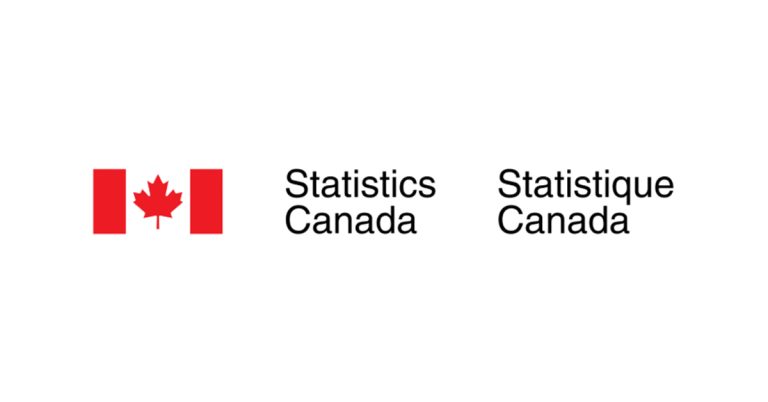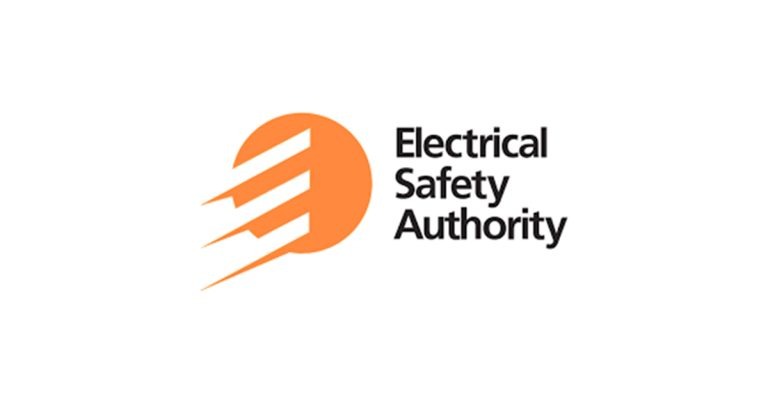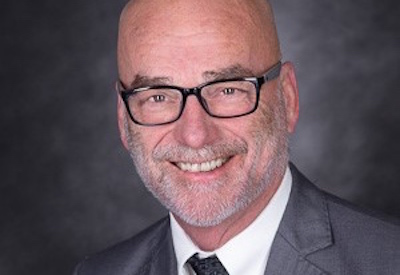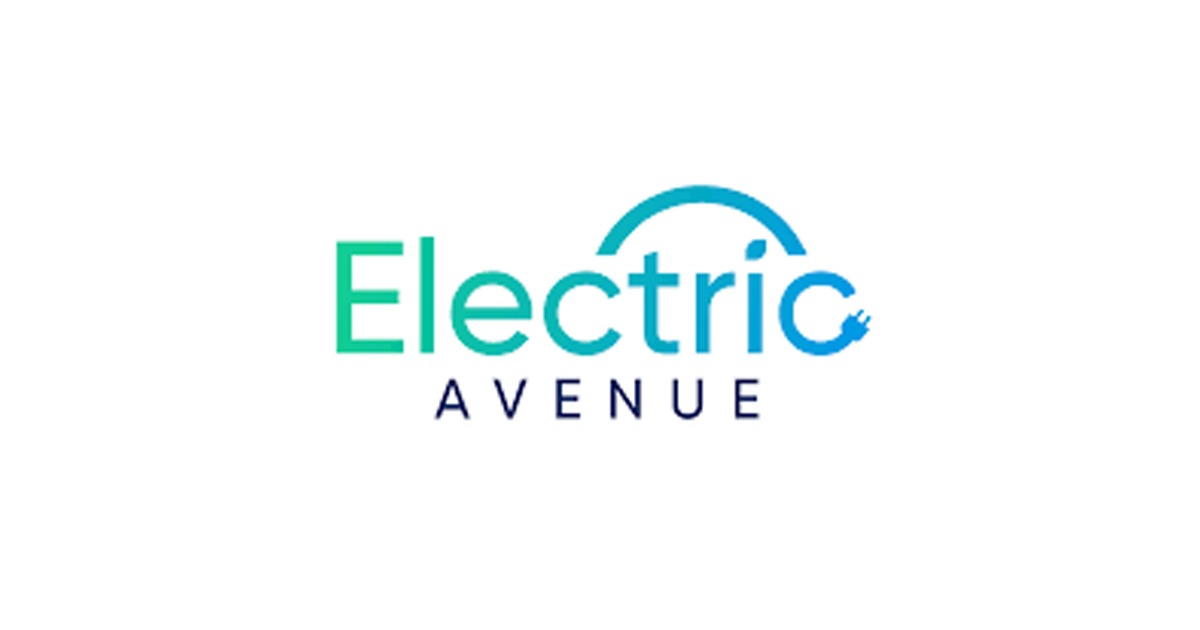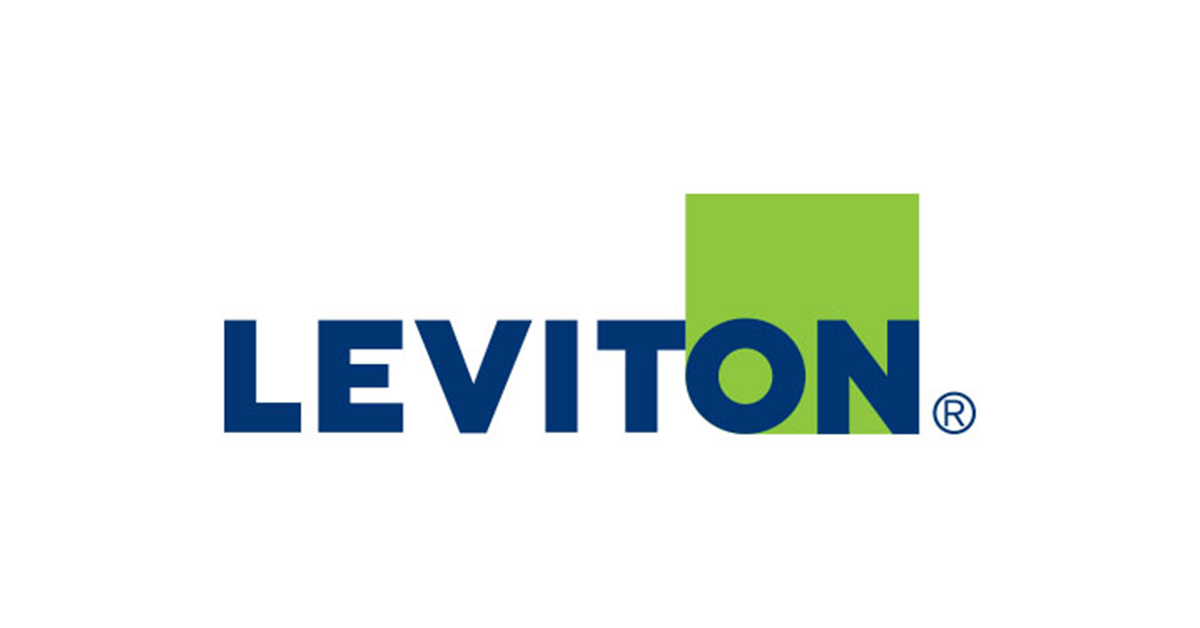CASL — The 5 Types of Consent: A Review

Apr 1, 2019
Canada’s new anti-spam law (CASL) was passed in December 2010 and, following a Governor in Council order, it entered into force on July 1, 2014. The law helps to protect Canadians while ensuring that businesses can continue to compete in the global marketplace. Parts 1-5 explored express consent and implied consent involving existing business, non-business relationships, conspicuously published addresses, and personal relationships. Here in Part 6: a review.
On January 15, 2015, sections of the law related to the unsolicited installation of computer programs or software came into force.
The new law generally prohibits the
• sending of commercial electronic messages without the recipient’s consent (permission), including messages to email addresses and social networking accounts, and text messages sent to a cell phone
• alteration of transmission data in an electronic message which results in the message being delivered to a different destination without express consent
• installation of computer programs without the express consent of the owner of the computer system or its agent, such as an authorized employee
• use of false or misleading representations online in the promotion of products or services
• collection of personal information through accessing a computer system in violation of federal law (e.g. the Criminal Code of Canada)
• collection of electronic addresses by the use of computer programs or the use of such addresses, without permission (address harvesting).
Let’s examine the five forms of consent under CASL.
1. Express consent
An individual intentionally opts-in using transparent language. This is the gold standard of consent, meaning an individual both wants and intentionally requests being added to your email list. These people want the kind of information and offers you intend to send them.
2. Implied consent — existing business relationship
This includes customers and interested prospects. The CRTC states it this way, “The recipient has made, or enquired about, a purchase or lease of goods, services, land or interest in land, a written contract or the acceptance of a business, investment or gaming opportunity from you. Keep records of how you obtained implied or express consent, since in both cases you have the onus to prove consent.” This has a 2-year time limit, meaning the individual must purchase again, request a quote or a demo within that 2 year period, in which case the 2-year clock rests to that date.
3. Implied consent — existing non-business relationship
This is for registered charities, political party or candidates and the individual has provided a gift, donation or has volunteered in the past two years. This form of consent also applies to members of clubs, associations or voluntary organizations. The 2-year time limit applies as does the proof of consent.
4. Implied consent — conspicuously displayed or referred
This is what has become known as the B2B Clause. If someone
1. displays their email publicly, online or otherwise
2. does not include a statement indicating non-solicitation
3. is currently in a role that is relevant to the content (CEMs) you intend to send them
Again, this form of consent is implied therefore lasts two years from the date you can prove the above three factors. Remember, the onus of proof is on you.
5. Personal relationship
A “personal relationship” requires that the real identity of the individual who alleges a personal relationship is known by the other individual involved in such a relationship (as opposed to instances where a virtual identity or an alias is used).
Photo credit: Duy Pham on Unsplash

